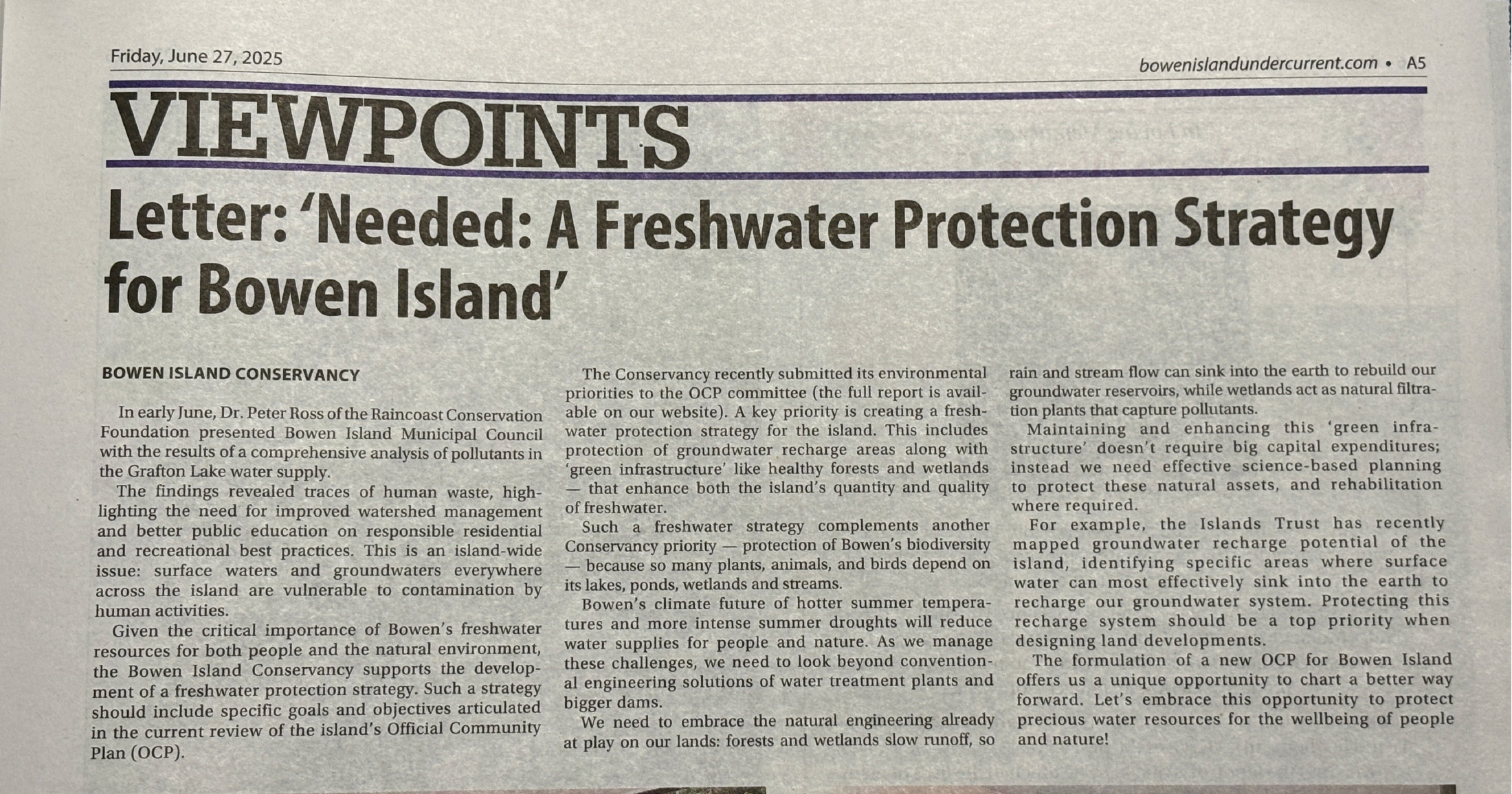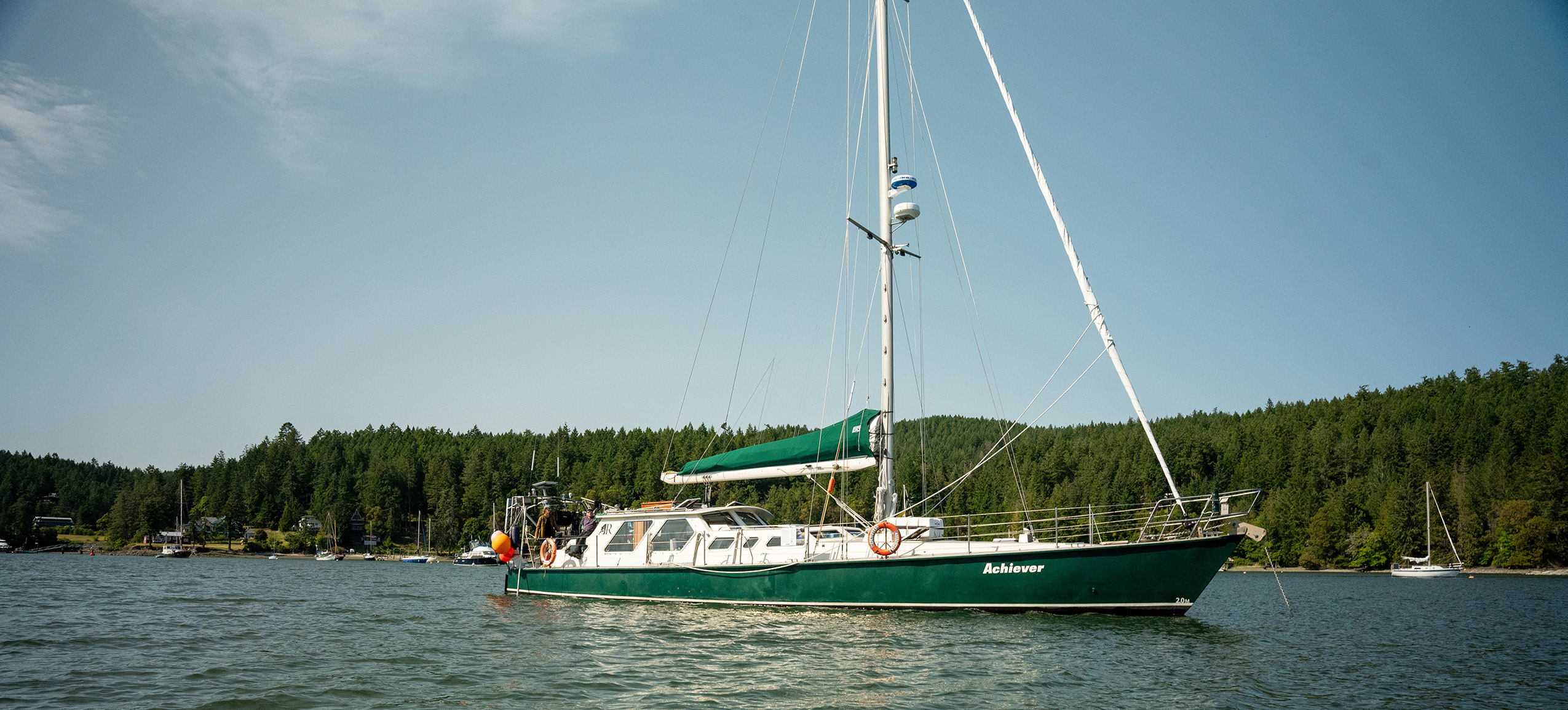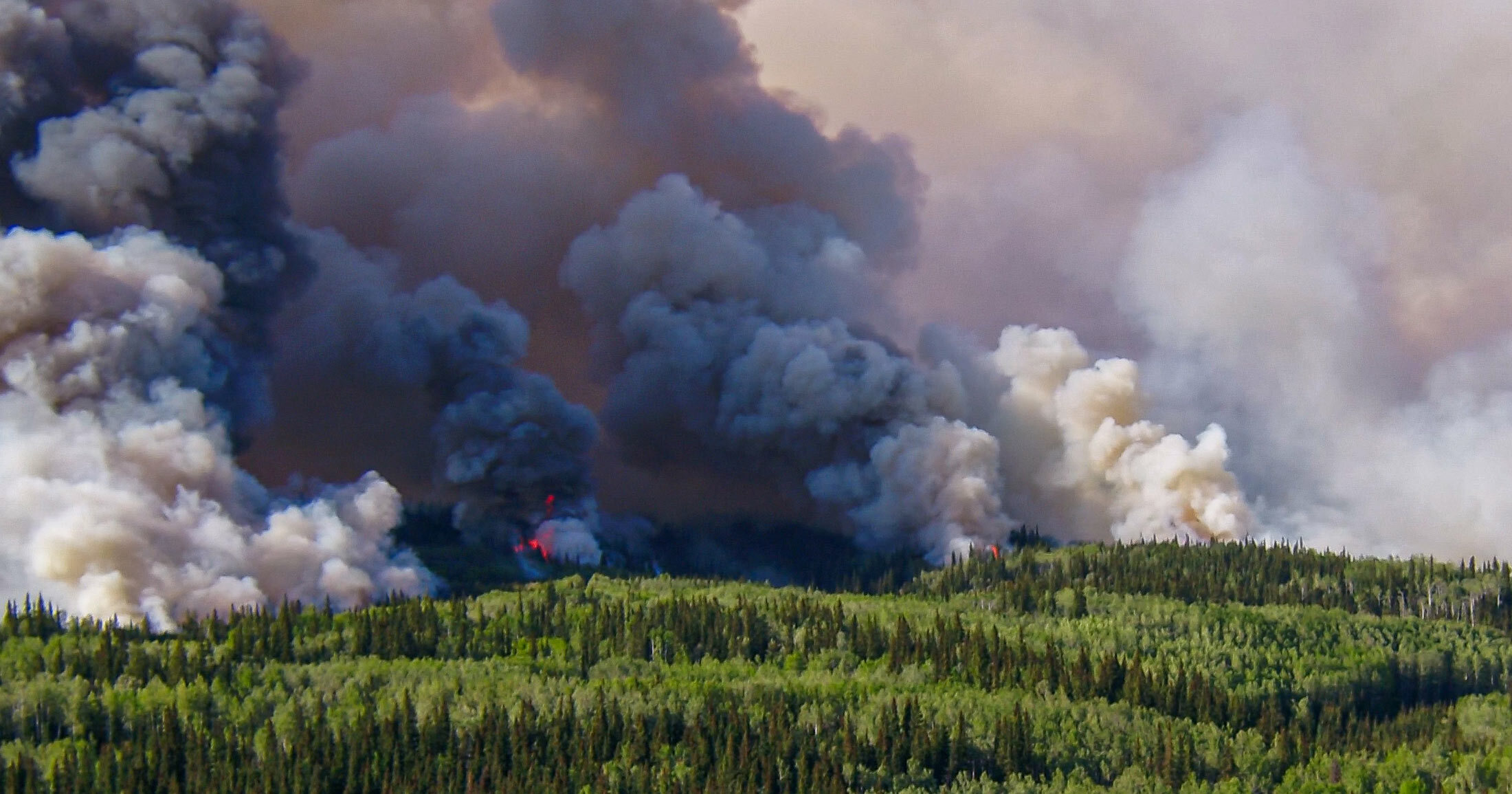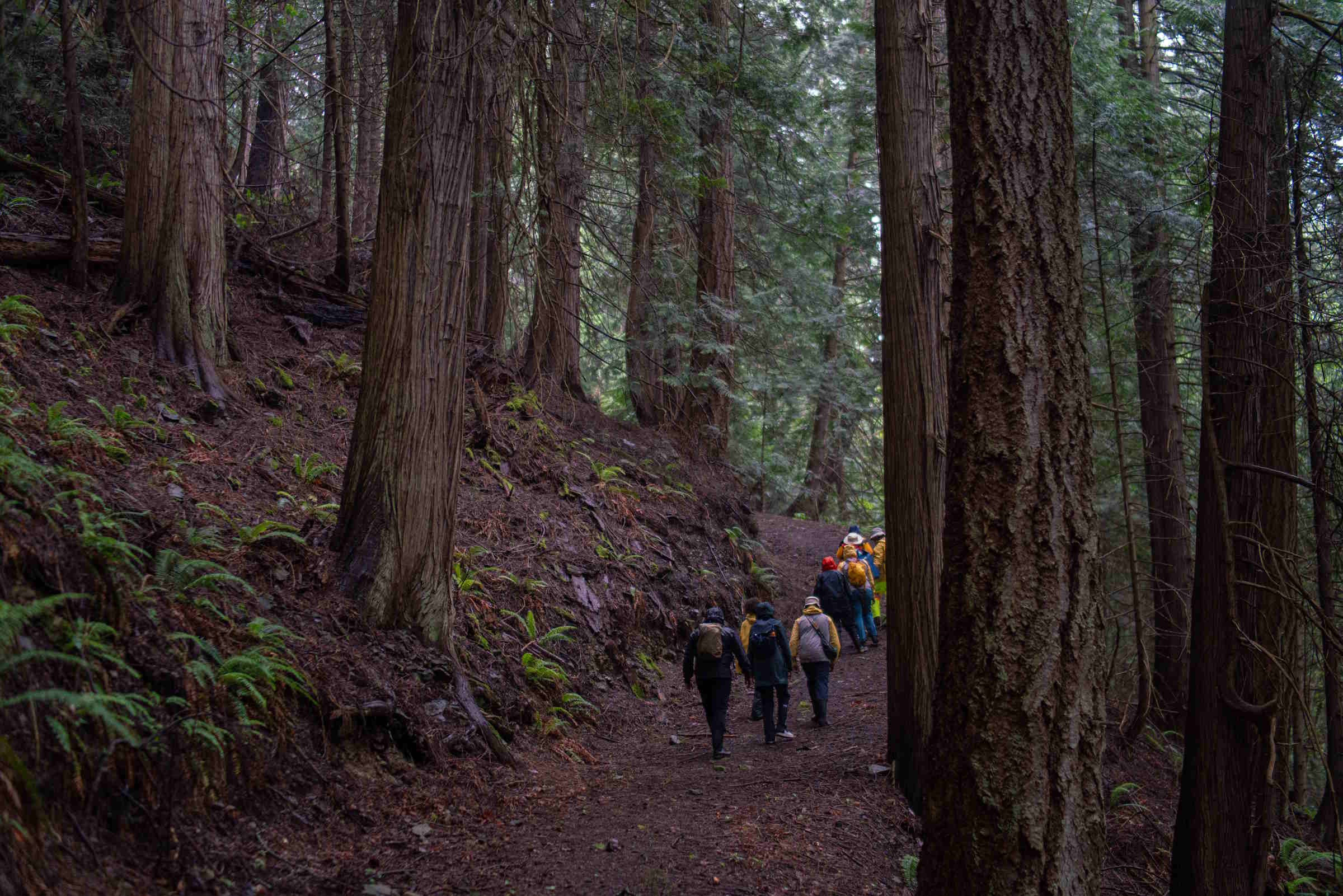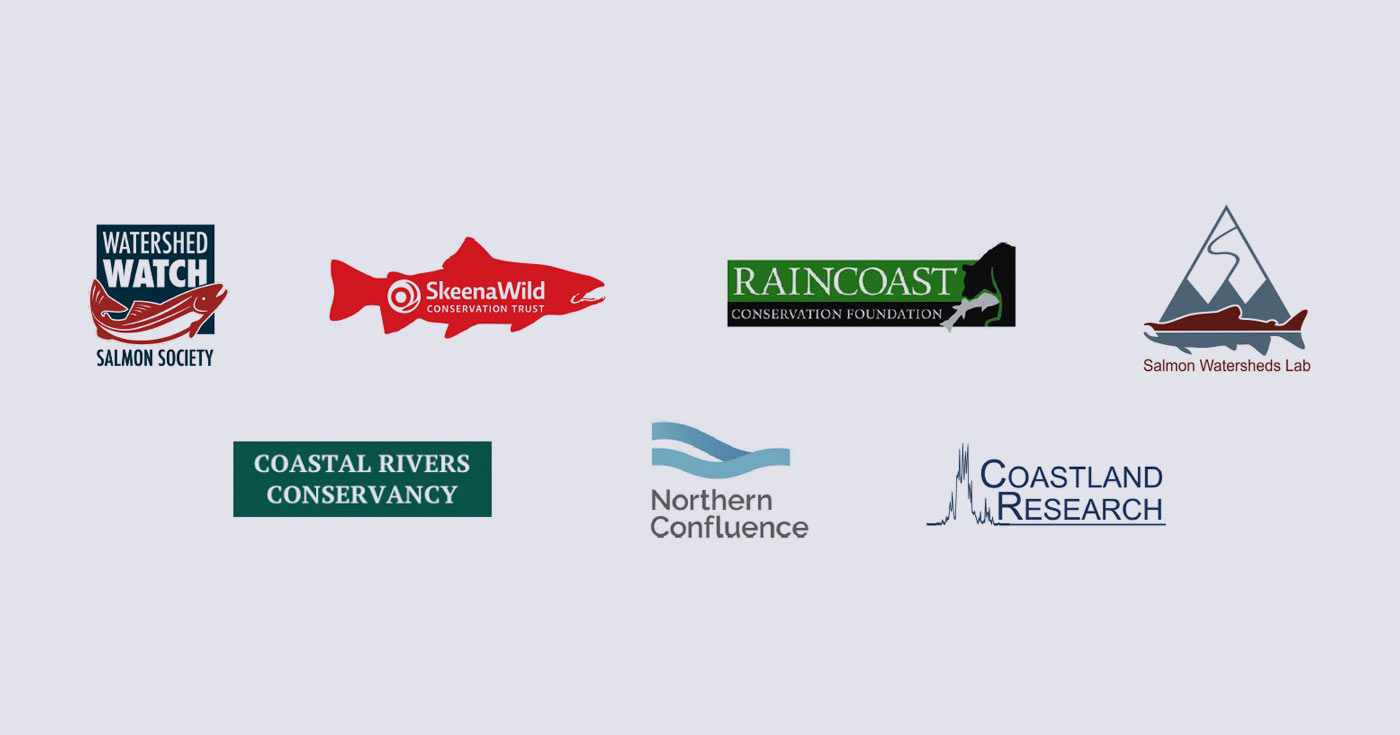Write letters
Contacting provincial and federal elected officials, as well as members of the opposition and newspapers, is an effective and important way to communicate your thoughts on an issue. Here are some key contacts.
Provincial
BC Premier Hon. Gordon Campbell (and MLA Vancouver-Point Grey)
Mailing address: PO Box 9041 Stn Prov Govt Victoria, BC V8W 9E2
Email: Gordon [dot] Campbell [dot] mla [at] leg [dot] bc [dot] ca or premier [at] gov [dot] bc [dot] ca
Phone: 250-387-1715 Fax: 250-356-6176
Forest Minister Hon. Patrick Bell ( and MLA Prince George North)
Mailing Address: PO Box 9049 Stn Prov Govt Victoria, BC V8W 9E2
Email: for [dot] minister [at] gov [dot] bc [dot] ca or pat [dot] bell [dot] mla [at] leg [dot] bc [dot] ca
Phone: 250-387-6240 Fax: 250-387-1040
Environment Minister Hon. Barry Penner (and MLA Chilliwack-Hope)
Mailing Address: PO Box 9047 Stn Prov Govt, Victoria, BC V8W 9E2
E-mail: env [dot] minister [at] gov [dot] bc [dot] ca or barry [dot] penner [dot] mla [at] leg [dot] bc [dot] ca
Phone: 250 387-1187 Fax: 250 387-1356
Federal
Fisheries and Oceans Minister Hon. Gail Shea
House of Commons Ottawa, Ontario K1A 0A6
Email: Shea [dot] G [at] parl [dot] gc [dot] ca
Environment Minister Hon. Jim Prentice
House of Commons Ottawa, Ontario K1A 0A6
Email: PrentJ [at] parl [dot] gc [dot] ca
Send a letter to environment Minister Barry Penner.
A disturbing number of grizzly bears are being shot as ‘control kills’ in BC’s Bella Coola valley. Most of these kills are as a result of humans who don’t secure bear attractants. Despite this, virtually no enforcement action is being taken against individuals responsible for the needless deaths of these bears.
Raincoast is calling on the BC government to reform the Wildlife Act so that provisions addressing bear attractants are more stringent and enforceable. We are also calling on the government to provide sufficient funding for Bear Smart/Bear Aware education in the Bella Coola valley. More details are in the letter.
You can help
Raincoast’s in-house scientists, collaborating graduate students, postdoctoral fellows, and professors make us unique among conservation groups. We work with First Nations, academic institutions, government, and other NGOs to build support and inform decisions that protect aquatic and terrestrial ecosystems, and the wildlife that depend on them. We conduct ethically applied, process-oriented, and hypothesis-driven research that has immediate and relevant utility for conservation deliberations and the collective body of scientific knowledge.
We investigate to understand coastal species and processes. We inform by bringing science to decision-makers and communities. We inspire action to protect wildlife and wildlife habitats.


